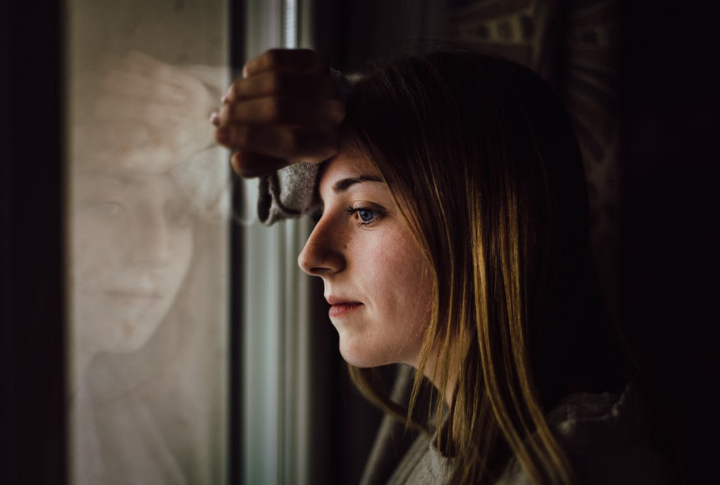
You don’t choose to live under a dictatorship. But if it happens, you’ll need to learn fast. In places ruled by fear and silence, people have stayed alive by thinking three steps ahead. Survival under dictatorships takes more than courage—it takes strategy. These ten smart ways are lifelines crafted by ordinary folks who learned quickly what it means to be careful.
Trust quietly and speak with care.
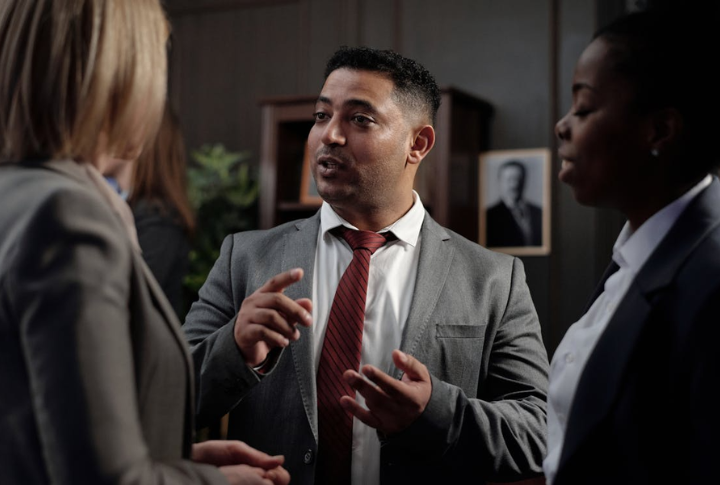
In oppressive regimes, speaking out can be dangerous. In East Germany, over 180,000 citizens became informants for the Stasi, while Stalin’s USSR imprisoned thousands based on conversations overheard at dinner tables. Such environments demand silent trust and careful words.
Blend in to stay alive.
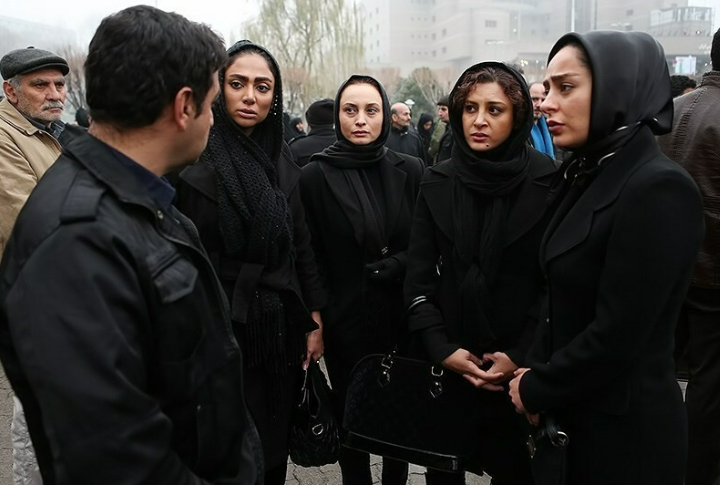
To survive, many resist covertly, even as they publicly conform. Iranian women, for example, adhered to strict dress codes, though privately defying them. Likewise, North Koreans publicly praised the regime but secretly bartered on black markets, balancing survival and resistance.
Memorize What Matters And Destroy The Rest

Soviet dissidents avoided leaving written evidence by relying on memory alone. In Pol Pot’s Cambodia, educated individuals were targeted, and reading or writing was discouraged, as they were associated with the previous regime’s corruption. So, memorizing important details and destroying evidence became a life-saving strategy.
Always Be Prepared To Escape At A Moment’s Notice

Preparedness is key for survival in a dictatorship. During Argentina’s Dirty War, activists kept “go bags” packed with essentials. Similarly, Berlin Wall escapees built hot air balloons and secret tunnels to flee, always ready for an abrupt departure to safety.
Find the truth beyond state media.

In oppressive states, accessing unbiased information is important. Soviet citizens tuned into banned BBC and Voice of America broadcasts to stay informed. Even today, Cubans risk arrest to listen to Radio Marti via hacked radios, ultimately seeking truth amid state-controlled media.
Hide Important Documents Where No One Looks

Securing essential documents requires creativity. During Franco’s rule in Spain, banned books were hidden in false walls and floorboards. Similarly, WWII couriers concealed messages in loaves of bread by using unconventional methods to protect sensitive materials from the regime.
Use codes to communicate safely.
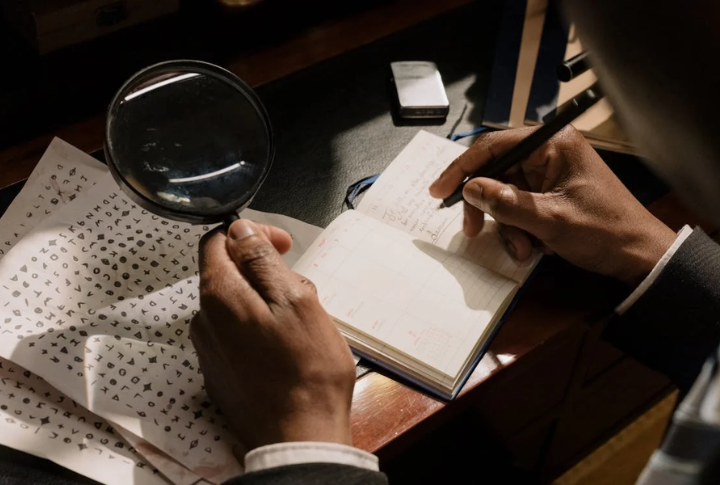
In authoritarian regimes, coded communication is vital for safety. Slaves in the U.S. used quilt symbols to signal their way on the Underground Railroad, while LGBTQ activists today employ emojis as discreet identifiers. Such codes offer a safe way to resist without detection.
Secure food and medicine before you need them.
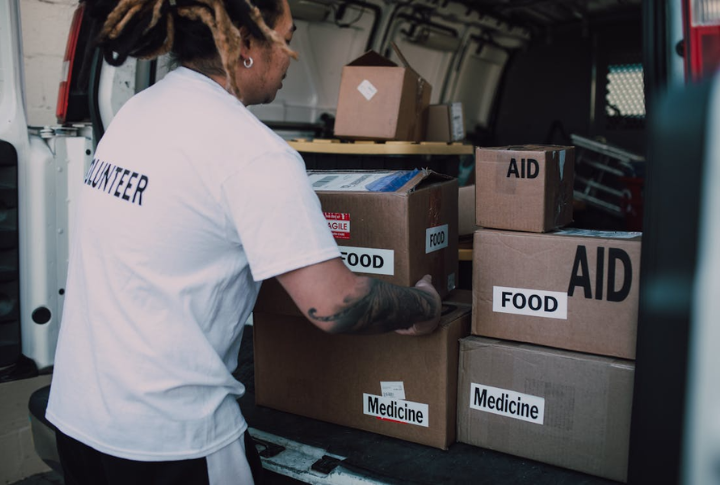
Picture this: a mother in Caracas trades powdered milk for rice. A farmer in Zimbabwe offers a hen for antibiotics. In nations under strain, underground barter systems keep families alive. Securing supplies in advance can make all the difference.
Know your rights, even if they’re ignored.
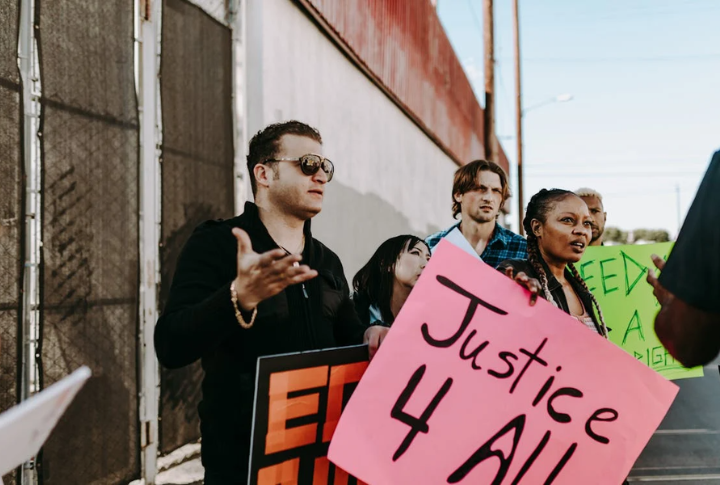
Understanding one’s legal rights is important, even if they are routinely disregarded. Chilean activists carried copies of the constitution during protests, while Soviet citizens studied legal codes to argue for their rights despite the ever-present threat of repression.
Protect the truth for a freer future.
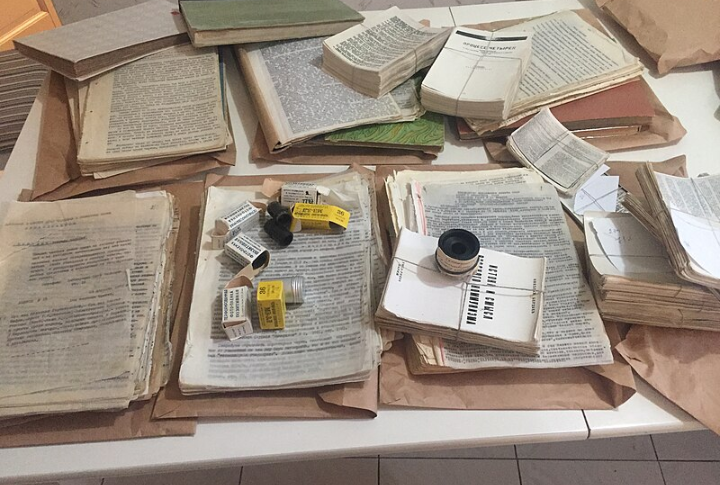
In dictatorships, preserving the truth can be a revolutionary act. Soviet citizens used carbon paper to reproduce censored texts in a practice known as samizdat. Likewise, East Timorese buried film negatives to document atrocities, ensuring the truth would one day be revealed.

